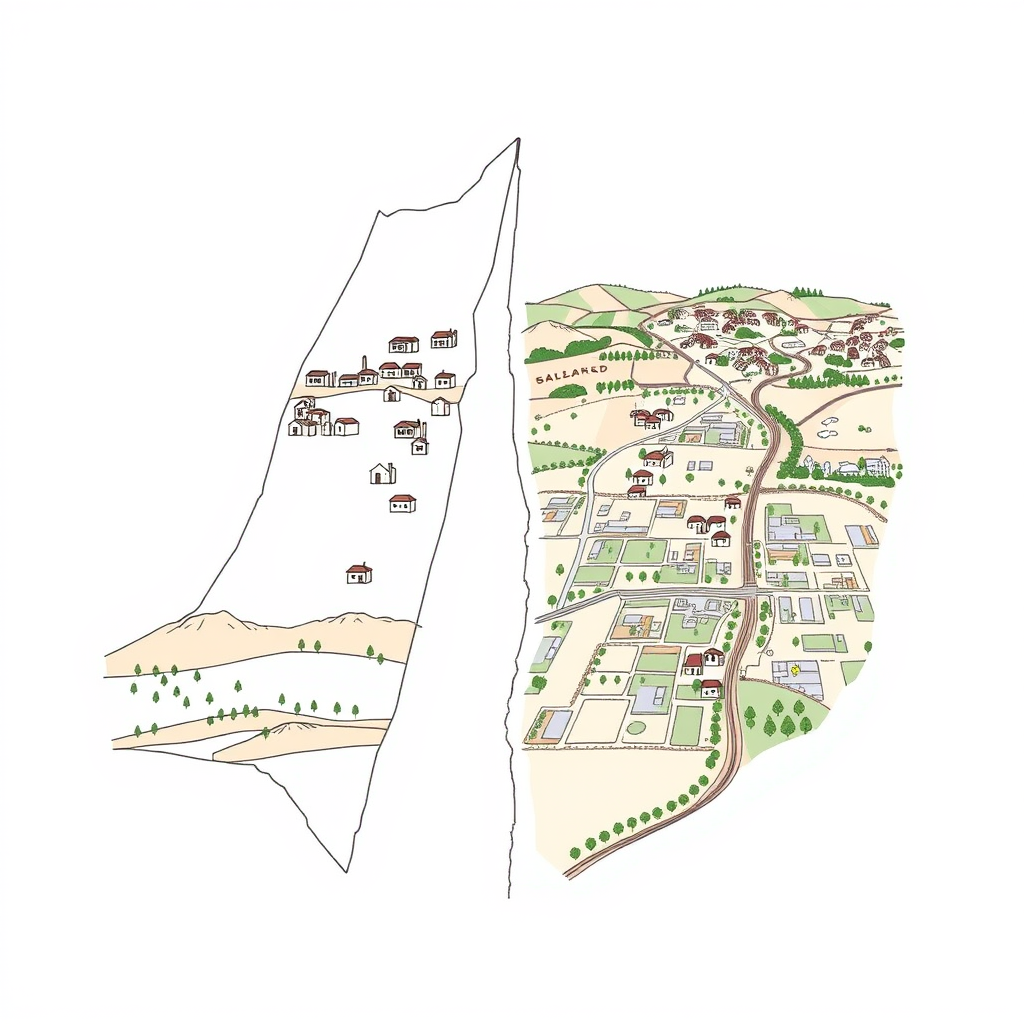Israel Expands West Bank Settlements Amidst Global Outcry

Israel has announced a significant expansion of settlements in the occupied West Bank, a move drawing widespread international condemnation and raising serious concerns about the future of a two-state solution. Finance Minister Bezalel Smotrich revealed plans for the establishment of 22 new settlements, legalizing existing outposts and creating entirely new communities. The decision, hailed by Smotrich as a “historic” return to “Zionism” and a “protective wall” for Israel, has been framed by Defense Minister Israel Katz as a response to “Palestinian terrorism” and a strategic move to prevent a future Palestinian state.
Among the settlements slated for recognition are Homesh and Sa-Nur, previously evacuated as part of Israel’s 2005 disengagement from Gaza. This expansion represents the largest such move since the signing of the Oslo Accords in 1993, a period once seen as holding promise for peace negotiations.
The international response has been swift and critical. The United Kingdom, through Minister for the Middle East and North Africa Hamish Falconer, condemned the actions as a “deliberate obstacle to Palestinian statehood” and a violation of international law. Jordan’s Foreign Ministry echoed these concerns, labeling the expansion a “flagrant violation” of international humanitarian law and the Palestinian people’s right to self-determination. Israeli activist group Peace Now has also strongly denounced the move, asserting that the government’s primary goal is now the annexation of occupied territories.
The legality of these settlements remains a central point of contention. The United Nations considers the West Bank to be under Israeli military occupation since the 1967 Six-Day War, and Article 49 of the Fourth Geneva Convention prohibits the transfer of civilian populations into occupied territory. However, Israel disputes this characterization, administering the area as its “Judea and Samaria Area” and therefore not deeming the settlements illegal under its own laws.
As of December 2024, over 529,000 Jewish settlers reside in the West Bank across 141 settlements, coexisting with roughly three million Palestinians. The expansion is occurring against a backdrop of increased restrictions on Palestinian movement, requiring passage through Israeli checkpoints, and a surge in settler activity since the start of the Israel-Hamas war in October 2023. A U.N. Human Rights Office report indicates that over 10,300 new housing units were planned within existing settlements between November 2023 and October 2024, accompanied by the construction of unauthorized roads that further restrict Palestinian access to land.
This escalating situation has been linked to a dramatic increase in violence against Palestinians. Between January 1, 2024, and April 30, 2025, at least 616 Palestinians, including 115 children, were killed by settlers or the Israeli military, with over 1,900 incidents of violence recorded and 41,000 Palestinians displaced. These trends have been steadily rising since 2020.
This expansion is deeply troubling. While Israel asserts its right to security, these settlements actively undermine the possibility of a viable Palestinian state and perpetuate a cycle of conflict. The international community’s condemnation, while important, must be coupled with concrete actions to hold Israel accountable for its violations of international law and to revive meaningful negotiations towards a just and lasting peace. The continued expansion of settlements isn’t simply a matter of building homes; it’s a deliberate act that erodes the foundations of a two-state solution and fuels instability in the region.